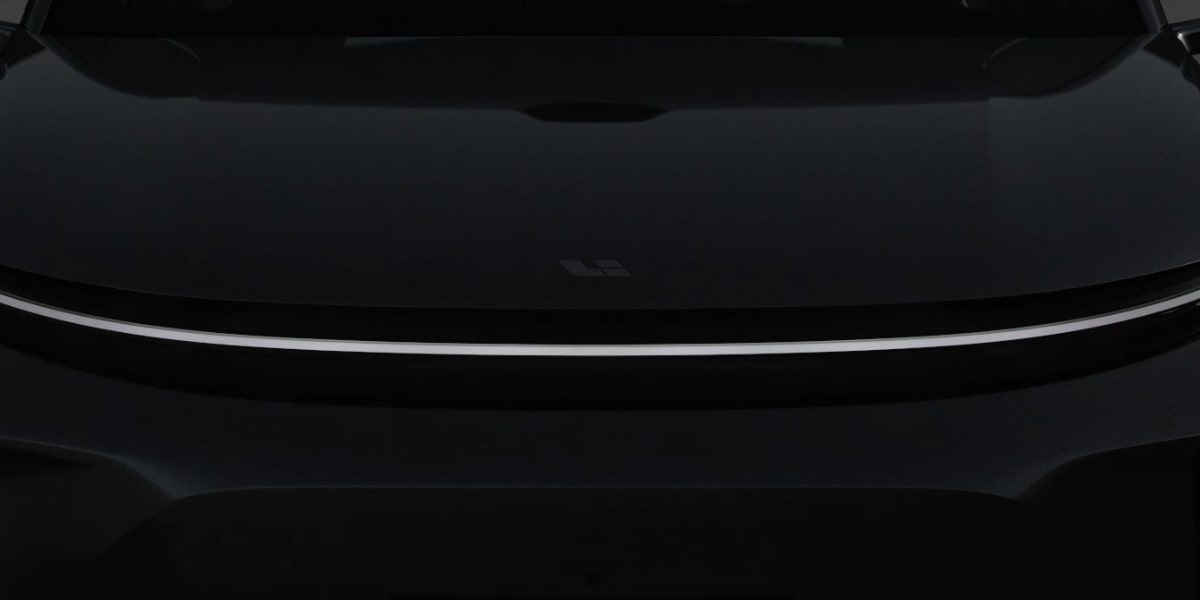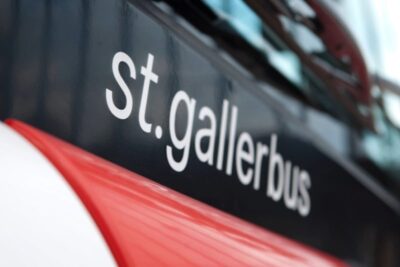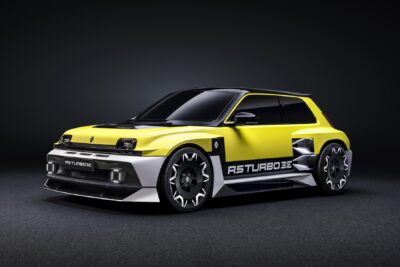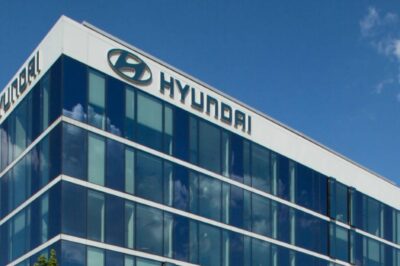Li Auto to launch luxury BEV in China
The Chinese carmaker Li Auto plans to introduce its first pure BEV model, Mega, at this year’s end and launch three more BEVs on the Chinese market in 2024. So far, the company has focused on hybrid models with range extenders (EREV).
Li Auto is thus “declaring war” on brands such as BMW, Audi and Mercedes-Benz, who have been dominating the luxury vehicle section in its home market. “We would strive to become the no.1 premium car brand in China in 2024 in terms of sales,” Li Xiang, CEO of Li Auto, expressed during a conference call on the carmaker’s latest quarterly figures.
The company, which until now has specialised in hybrid models with range extenders, is holding out the prospect of the debut of its first battery-electric model before the end of the year. According to the manufacturer, the Mega is to become China’s best-selling model among all cars priced above 500,000 yuan across all drive types. Converted, Li Auto is thus targeting a price segment beyond 63,000 euros.
In 2024, Li Auto plans to launch four new models on the Chinese market, including three BEVs and one EREV model. Li Auto had previously announced plans to release five BEV models based on an 800-volt platform by 2025. Accordingly, the manufacturer is likely to follow up with another battery-powered model in 2025.
Technical details are not yet known. At the Auto China show in Shanghai this spring, Li Auto did mention that the first of the planned BEV models will be equipped with particularly fast-charging (4C) Qilin batteries from CATL with the latest generation of CATL’s cell-to-pack technology, which is being used for the first time in the Zeekr 009. 4C means that an 80 kWh battery pack, for example, could be charged with up to 320 kW, theoretically in fifteen minutes.
However, the 80 kWh is only a calculation example on our part; as already mentioned, almost nothing is known about the models and their technical data. So far, only the fast-charging capability, a “thermal management system with a wide temperature range” and silicon carbide semiconductors in the inverter of the drive system are generally emphasised.
In fact, the batteries could be somewhat larger, because Li Auto also presented its own 800-volt fast-charging station at the trade fair in April, which is also called 4C and is supposed to enable charging capacities of 480 kW – at 4C, this would therefore correspond to a battery of 120 kWh. However, this is (as mentioned) only a simple calculation, not a value confirmed by the company.
On the other hand, some reliable figures on the use of the new fast charging station are known: Li Auto plans to install 300 fast chargers along Chinese motorways this year. By 2025, there should be 3,000 of them. Each station will have one super-fast 4C charging station and three regular fast charging stations. Li Auto says this will cover 90 per cent of China’s highway network and major cities.
Li Auto started mass production in November 2019. The model range consists of several SUVs with five, six or seven seats, but so far all of them still have an internal combustion engine – be it a hybrid or a range extender. However, the young company has been doing this quite successfully so far: in the first quarter of 2023, Li Auto delivered 52,584 vehicles, and in the second quarter it already delivered 86,533. In addition, the company achieved a positive net result in Q2 for the third time in a row.





0 Comments